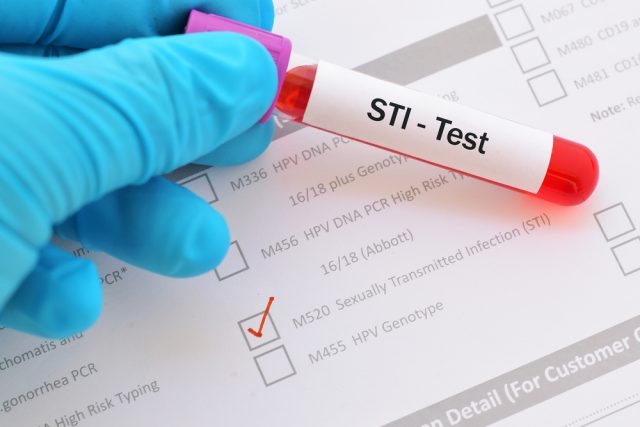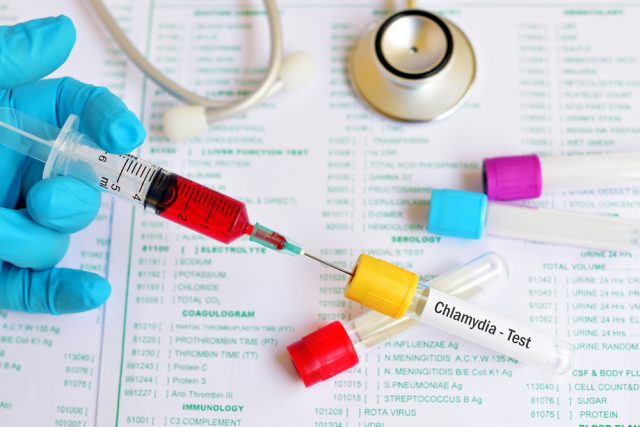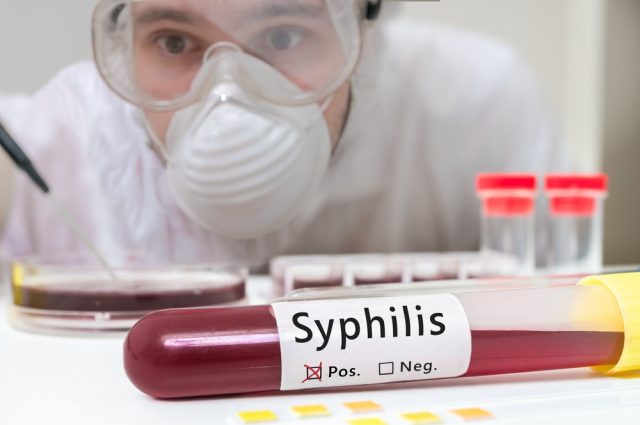How Doctors Test for STDs
Sexually Transmitted Disease (STD) is also named as Sexually Transmitted Infections (STI), and if they are left untreated, they can cause severe health issues such as organ damage, blindness, cancer, and infertility. Studies reveal that around 20 million cases of STD are reported in the United States every year. But the sad truth is that most people do not avail right and on time treatment for STD; whereas many suffer from non-specified symptoms, that are quite difficult to recognize. Moreover, the rumors, myths, and fear of STD also discourage several patients from getting tested on time.
Going to an STD exam can be uncomfortable and stressful feeling for many, but this feeling arises until you don’t know what will happen in the exam. Once you know how doctors test for STD in men and women, you will be able to go for an exam with more confidence.
Who should get tested for STD?
Before we talk about the process of STD exam, it is important to understand who need to undergo such tests. Most commonly, these tests are recommended to people who are sexually more active. However, few other conditions involve:
- You are ready to enter a new relationship.
- During sexual intercourse, you and your partner are planning not to use condoms.
- If you or your sex mate has multiple partners.
- You are observing some symptoms of STD in your body.
There are several types of STIs; depending on the symptoms, your doctor will test you for any or few of these. The list includes trichomoniasis, syphilis, hepatitis B, human immunodeficiency virus, gonorrhea, chlamydia. Experts reveal that the procedure for STD testing doesn’t vary much for men and women; still, as both have different private parts, it is important to know the details separately. The very first rule for getting tested for an STD is to speak up. Doctors cannot know your troubles without collecting information about symptoms that you observe. STD exam is not like other physical exams that doctors take for general diseases, in this case, you have to be clear about your sexual concern. Let them know questions that you have in your mind and explain how you feel or the type of symptoms you are experiencing. Once your doctor is aware of the condition, they can suggest the right test for you.
What to expect at STD exam for Men and Women?
These two STDs affected a wide range of people around the world, but the terrible fact is that they often go unnoticed due to missing signs of infection. Symptoms of Chlamydia and gonorrhea in men include abnormal discharge from the penis, swelling or pain in both or one testicles and itching/burning sensation at the time of urination. However, on the other side, symptoms of chlamydia in women include abnormal discharge from the vagina, burning sensation at the time of urination, abdominal pain, discomfort during intercourse and bleeding between periods. Along with these symptoms, women suffering from gonorrhea may also feel fever and sore throat problem.
What happens during the test?
Whether you suffer some symptoms or not, doctors would prefer to take a urine sample or any other body fluid to test the condition. The target is to collect information about DNA of a specific type of STD. In case of gonorrhea, if doctors identify some blood infection, they may also take blood samples to know about the disease. Studies reveal that infection is not identified if the test is taken during the window period, so it is always recommended to get tested twice to ensure best results. The first test must be taken within one or two weeks of exposure, and next test is recommended within 90 days of exposure. Make sure you do not urinate for 2 hours prior to the test so that accurate samples can be taken.
There are two stages of Syphilis; the primary stage takes 10 days to 3 months right after exposure to the disease virus. In this duration, the patient may observe some lymph nodes around the groin area. Other visible signs of primary Syphilis stage are painless sores that may take around 3 to 6 weeks to get healed automatically, but it doesn’t mean that disease is gone now, rather it will now enter to the secondary stage of Syphilis. In this stage, a person may suffer a headache, hair loss, weight loss, swollen glands, extreme tiredness, muscle aches, fever, sores in anus, vagina, and mouth, and skin rashes. If you keep in ignoring this disease and it doesn’t receive the right treatment at the secondary stage as well, then syphilis may progress to the latent stage. In this stage, you will not have any specific symptom, but the disease may last for several years ahead.
What happens during the test?
Syphilis is not tested using urine sample rather doctors collect samples either from the penis or from an open sore. In some cases, people do not experience symptoms of syphilis at an early stage, and they come out later when disease take more harmful phase. At this stage, doctors prefer to test the condition using a blood sample. If the test results are positive, they will prescribe some antibiotics and few essential guidelines for prevention. In case if this disease is not treated on time, it may get spread to different parts of the body through the bloodstream and can cause serious health issues lie paralysis, neurological problems, heart-related troubles, blindness, and death as well.
Medical health experts say that there are generally two major types of herpes; they are oral herpes and genital herpes. The symptoms of both these herpes viruses are different in most cases. People that are suffering from genital herpes are more likely to feel discomfort due to a group of painful and itchy blisters on thighs, anus, butt, penis, cervix, vulva, and vagina. They may break with time and will get converted into sores. Sufferers may face burning, sensation during urination, discomfort around genitals and blocking of the urethra. In case of genital herpes in your body is caused by HSV-2 virus, the symptoms may include a headache, chills, fever, and feeling of tiredness. Oral herpes is generally less painful condition as compared to genital herpes, but it may affect your confidence level as this disease develop sores on lips and around the mouth area. The cold sores may disappear after few weeks, but they keep on disturbing the patient again after few weeks, months or even years.
What happens during the test?
This disease is commonly tested by examining the sores around the mouth or near genital area. This test can help to know if you are infected with herpes and will also provide information about the type of herpes virus. Doctors simply rub a cotton swab on the sore to collect some cells; you can expect mild pain or discomfort during this testing. In case if you have not developed sores on your body, doctors can test the presence of herpes virus via blood samples as well. It is recommended to get tested twice because this virus is not always detected the first time. Note that there is no treatment for herpes, all that you can do to stay safe is follow appropriate preventions. Hence, it is important to get tested on time so that you can choose a healthy life on time. Medical health experts have developed few medications that can assist in fighting against discomfort caused by this disease.
Studies reveal that symptoms of HIV are generally same for men as well as women; however, they may vary from person to person. Right after 2 to 4 weeks of infection, the patient may feel like having flu, and then few more symptoms will be visible with time. Some of the most commonly observed symptoms of HIV include swollen lymph nodes, sore throat, rashes, night sweats, muscle aches, mouth sores, genital sores, fever, fatigue, and chills. These signs are common for both men and women, but experts reveal few additional symptoms of HIV in women. They include changes in the monthly mensuration cycle, lower belly pain, vaginal yeast infection leading to pain during sex and thick discharge from vagina.
What happens during the test?
Human Immunodeficiency Virus or HIV is tested using blood samples. If the test comes positive, it means the virus is present in white blood cells, and now they are losing their power to resist infections. There is no need to do any preparation for this test; you can book your appointment with a trusted health professional and get tested on time. The facilities for HIV testing are incorporated in most medical centers these days. You can contact a trusted medical health expert to get tested. In case if the test result comes positive, it is important to follow guidelines for your doctor to ensure safety in future. However, experts always recommend that prevention is better than cure, so it is better to follow safe sex procedures to avoid STD.






